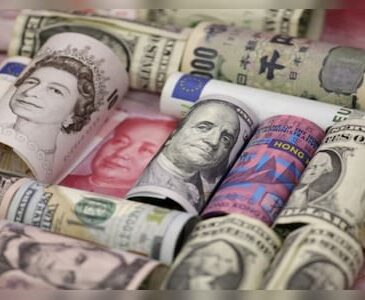
Russia has sold nearly 78% of oil exports to its BRICS counterparts China and India between 2022 to 2023. The majority of the oil deals were settled in local currencies and not the US dollar between the three nations. The oil deals gained steam after the White House pressed sanctions on Russia’s economy in February 2022 for invading Ukraine.
Also Read: BRICS Pay: Exclusive Video of New Payment System Released
BRICS members China and India helped Russia to bypass the US sanctions by purchasing their crude oil at discounted rates. Russia sold millions of barrels of oil to China and India for two years at cheaper prices than the existing market prices. India saved close to $7 billion in exchange rates by paying local currencies to Russia and not the US dollar.
Also Read: 35 New Countries To Abandon US Dollar at 2024 BRICS Summit
BRICS: 78% Oil Trade Paid in Local Currencies, Not US Dollar


On the other hand, China paid the Chinese yuan for oil trade with Russia and helped its economy stay afloat amid sanctions. Only 32% of all oil deals in Russia were settled in local currencies in 2021 between the BRICS countries. The numbers have more than doubled after the sanctions making their local currencies reap the advantage.
Also Read: BRICS Settle 65% Trade in Local Currencies & Not the US Dollar
“78% of Russian crude oil exports went to these two BRICS partners, whereas in 2021 their share was 32%,” read a report. In addition, even Saudi Arabia purchased Russian crude oil at discounted prices and laundered it all across Europe. BRICS is bypassing the US sanctions and strengthening their local currencies giving the US dollar a run for its money.
Read here to know how many sectors in the US will be affected if BRICS ditches the dollar for trade. “When the G7 countries decided to crush the Russian economy and energy sector with sanctions, alternative trade mechanisms, including transportation, insurance, and payments for energy had to be created in a hurry and practically from scratch,” read a BRICS report on oil trade.



